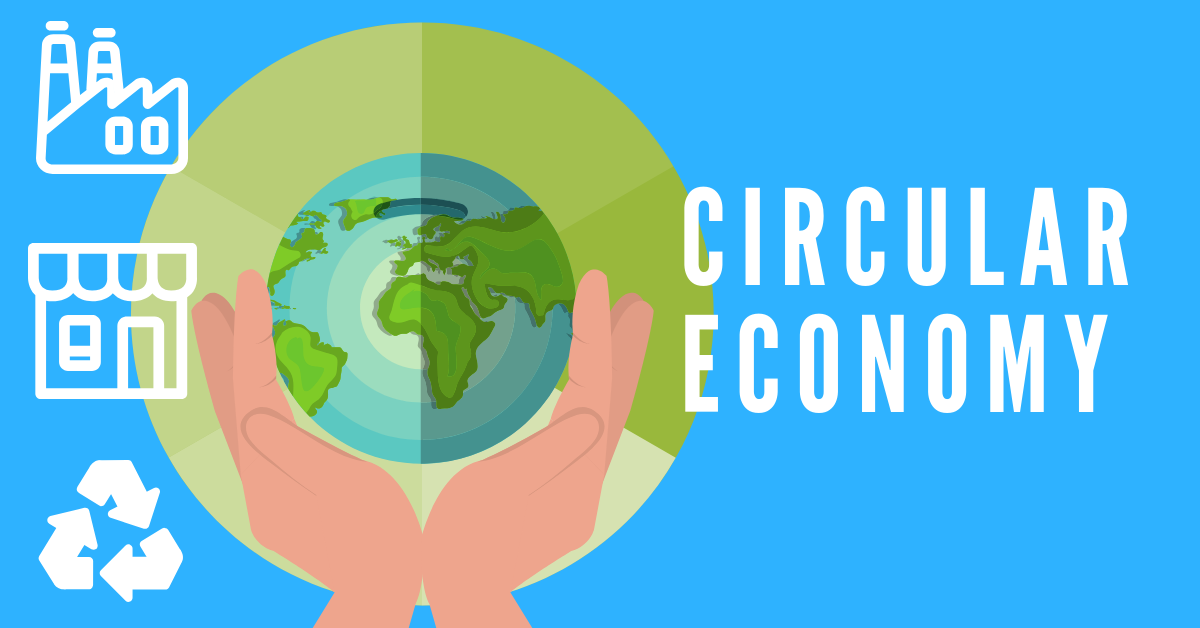It is only when Circular Economy operations (maintenance, repair, upgrade, re-manufacture, recycle) are performed at an industrial level of quality and efficiency, by highly-skilled industrial workers operating in good conditions, that they can become mainstream and scale up to the volumes where they bring this positive contribution to society
The result of the report is that an industrialised Circular Economy performs half of the CO2 emissions savings required to reach the goals set in the Paris agreement for 2050. This is equivalent to the contribution of the whole Energy Union agenda (de-carbonisation of electric power generation and of energy-intensive industrial processes).
Commenting on this report, Luc Triangle, General Secretary of industriAll European trade union, stated: "This study shows the relevance of having an industrial approach to Circular Economy, as we have advocated since 2016. It is only when Circular Economy operations (maintenance, repair, upgrade, re-manufacture, recycle) are performed at an industrial level of quality and efficiency, by highly-skilled industrial workers operating in good conditions, that they can become mainstream and scale up to the volumes where they bring this positive contribution to society". He added a word of caution: "Implementing such an industrialised Circular Economy will be a very deep transformation of all value chains, in a short period of time. We must make sure that workers are placed at centre stage of this transformation, with no one left behind".
Links:
• industriAll European trade union: updated Policy Brief "an industrialised Circular Economy" , July 2018
• Sitra study “The Circular Economy: a powerful force for climate mitigation”, June 2018
